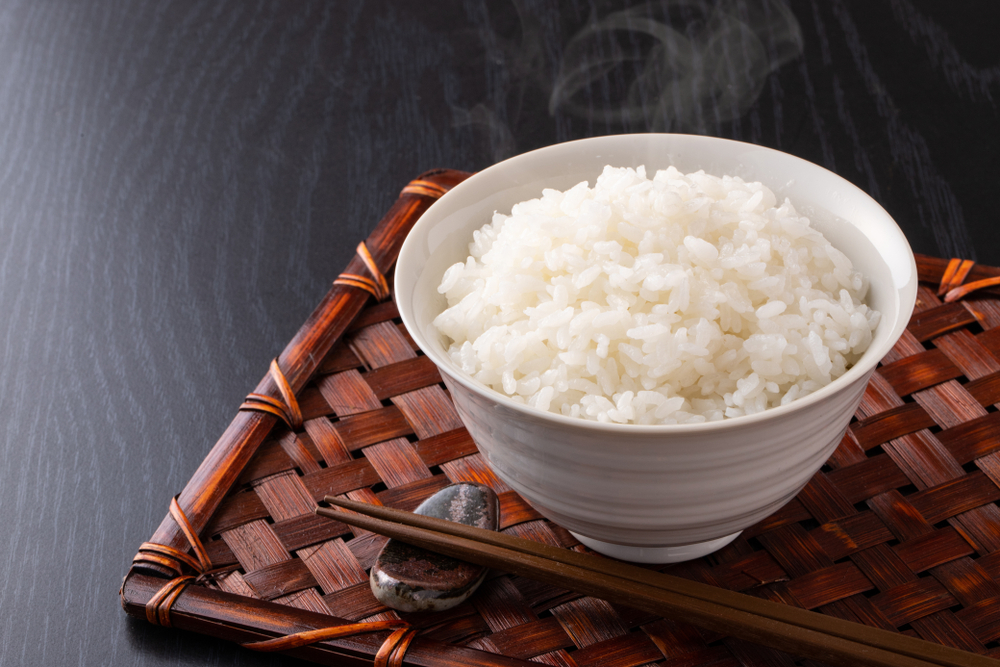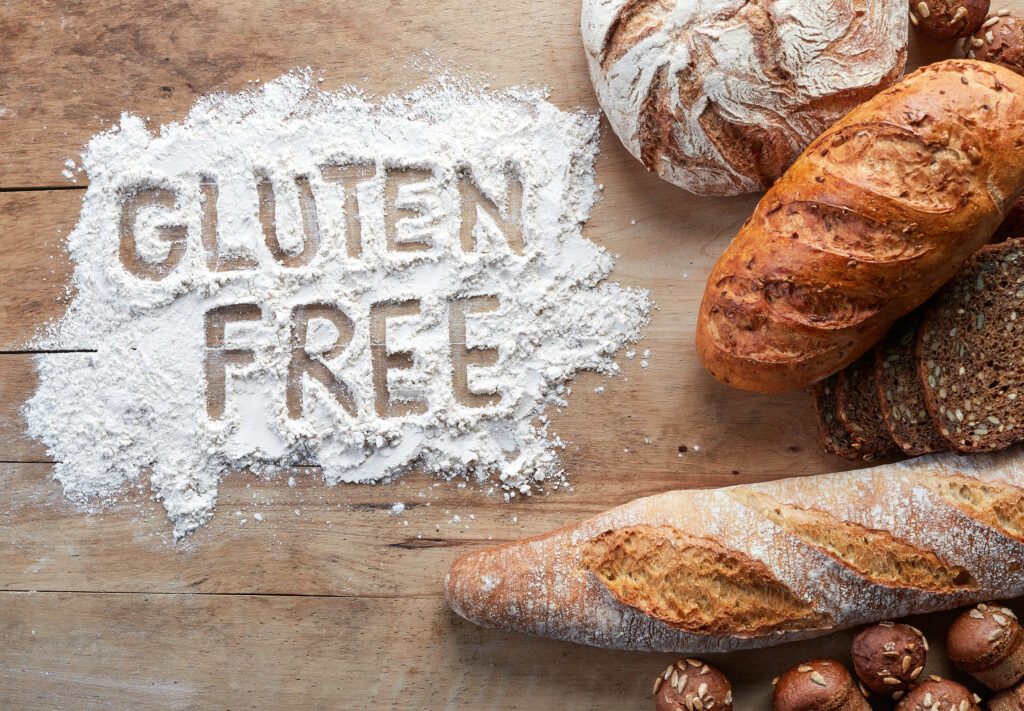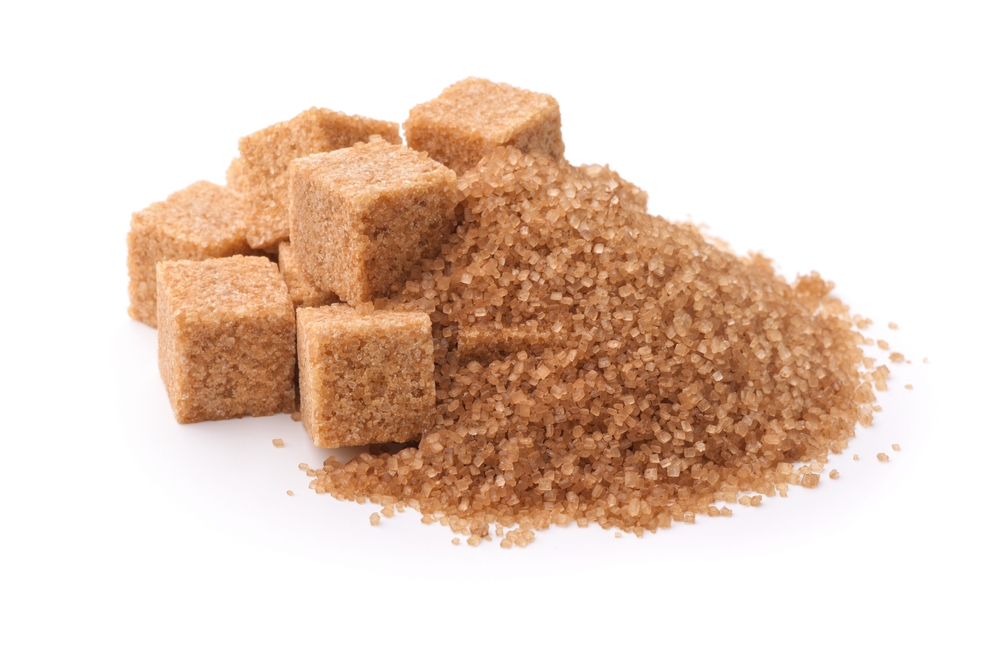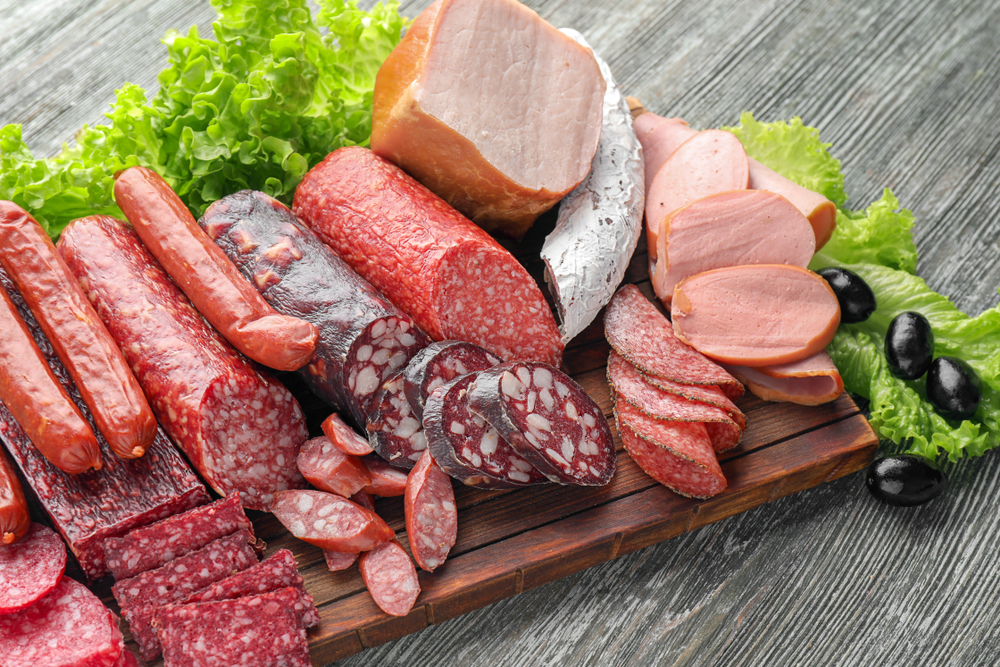Debunking 13 Myths About Nutrition and Healthy Eating
We are all familiar with the countless nutrition myths that fill the internet and magazines. Some of these myths have led us to make choices that may not be as healthy as we think. Understanding the truth behind these claims is essential for making better decisions. By addressing these myths head-on, you can improve your overall well-being.
This post may contain affiliate links, which helps keep this content free. Please read our disclosure for more info.
Eating Late at Night Leads to Weight Gain

Many people believe that eating late at night automatically leads to weight gain. The truth is, weight gain happens when you consume more calories than you burn, regardless of the time of day. The body does not store calories differently based on when you eat them. What matters is the overall quality and quantity of the food you consume throughout the day.
It is important to focus on what and how much you eat, rather than when you eat it. If you’re eating a balanced diet with appropriate portions, eating late will not necessarily cause weight gain. The key is to make mindful choices and avoid overeating at any time of day. Try to listen to your body’s hunger cues to maintain a healthy relationship with food.
Carbs Are Bad for You

Carbohydrates often get a bad reputation, but they are a necessary part of a healthy diet. Carbs provide the body with essential energy, especially for the brain and muscles. The myth that carbs lead to weight gain is based on consuming excessive amounts of refined carbs, such as sugary snacks and processed foods. Whole grains, fruits, and vegetables are excellent sources of healthy carbs that support overall health.
Instead of cutting carbs entirely, focus on the quality of your carbohydrate intake. Opt for complex carbs found in foods like oats, sweet potatoes, and legumes, which are packed with fiber and essential nutrients. When eaten in moderation, healthy carbs provide sustained energy and contribute to long-term health. So, embrace the right types of carbs in your diet without fear.
All Fats Are Unhealthy

Not all fats are created equal, and some fats are essential for good health. Unsaturated fats found in foods like avocados, nuts, and olive oil are beneficial for your heart and brain. The myth that all fats are unhealthy often overlooks the importance of these healthy fats. Trans fats and excessive saturated fats are the ones that should be limited, as they can contribute to heart disease and other health issues.
Healthy fats play a crucial role in absorbing vitamins, maintaining healthy cells, and promoting satiety. Including moderate amounts of unsaturated fats in your diet can actually help with weight management and overall health. Make sure to balance your fat intake by avoiding processed and fried foods, while enjoying natural sources of healthy fats.
You Need to Drink 8 Glasses of Water a Day

The idea that everyone needs to drink eight glasses of water a day is a common myth. Hydration needs vary from person to person based on factors like age, climate, activity level, and health status. It is true that water is essential for the body, but there is no one-size-fits-all recommendation. The body also gets hydration from food and other beverages like tea and fruit.
A good rule of thumb is to drink when you’re thirsty and to pay attention to your body’s signals. If your urine is pale yellow, you are likely well-hydrated. It is important to remember that hydration is individual, and you should adjust your water intake according to your personal needs.
Detox Diets Cleanse Your Body

Detox diets promise to cleanse your body of toxins, but they are not necessary for detoxification. The liver and kidneys naturally detoxify the body, so there is no need for special juices or cleanses. Many detox diets are low in calories and can deprive your body of the nutrients it needs. These types of diets can lead to short-term weight loss, but they often result in muscle loss and a slow metabolism.
Instead of following detox diets, focus on maintaining a balanced diet with whole foods. Eating a variety of nutrient-dense foods helps support your body’s natural detoxification systems. Incorporating plenty of fiber, water, and antioxidants in your diet can promote overall health without resorting to extreme measures.
Gluten-Free Foods Are Always Healthier

Many people assume that gluten-free foods are automatically healthier than regular ones. However, gluten-free does not mean nutrient-dense or lower in calories. Some gluten-free processed foods contain more sugar and fat to improve taste and texture. It is essential to read labels and make sure you are choosing gluten-free options that are still rich in nutrients.
For those without gluten sensitivities, there is no need to eliminate gluten from your diet. Whole grains that contain gluten, like whole wheat, oats, and barley, are excellent sources of fiber and essential vitamins. Focus on a balanced, varied diet rather than following the latest trends without understanding the nutritional value.
You Should Avoid All Sugar

Sugar is often demonized in the world of healthy eating, but not all sugar is the same. Naturally occurring sugars, found in fruits, vegetables, and dairy, come with essential nutrients like vitamins and minerals. The real concern is added sugars, which can contribute to weight gain and other health problems. It is the excess consumption of these added sugars, especially in processed foods, that should be limited.
Instead of cutting out all sugar, focus on moderating your intake of sugary snacks and beverages. Eating whole fruits and vegetables provides the sweetness your body craves while also giving you fiber and antioxidants. Moderation is key, so enjoy sweet treats occasionally while prioritizing nutrient-rich foods in your daily diet.
Healthy Eating Is Too Expensive

Many people believe that healthy eating requires spending a lot of money on specialty foods. While some organic and specialty items can be expensive, there are plenty of affordable options for healthy eating. Whole grains, legumes, frozen vegetables, and seasonal produce are often budget-friendly and full of essential nutrients. Buying in bulk can also save money while allowing you to stock up on healthy staples.
Planning meals ahead of time and preparing home-cooked dishes can reduce the overall cost of healthy eating. Focus on whole foods and simple, nutritious meals to get the most value for your money. Eating healthy just requires a little planning and smart shopping.
All Calories Are Equal

Not all calories are created equal, and the quality of the food you consume plays a significant role in your health. A 100-calorie snack from a bag of chips is not the same as 100 calories from a piece of fruit. While both may provide the same amount of energy, the fruit also offers essential nutrients like fiber, vitamins, and antioxidants. Eating a variety of nutrient-rich foods is far more beneficial than just focusing on calorie count.
The source of the calories matters for weight management and overall health. Whole, minimally processed foods provide long-lasting energy and promote satiety, helping to control hunger. Focusing on nutrient-dense calories will support your body’s needs better than counting every calorie.
You Should Avoid All Dairy

Dairy products are often excluded from diets due to the belief that they are unhealthy or lead to weight gain. In reality, dairy can be a valuable source of calcium, vitamin D, and protein. For most people, consuming moderate amounts of dairy as part of a balanced diet can contribute to bone health and overall nutrition. The myth that dairy is inherently bad usually stems from issues related to lactose intolerance or individual sensitivities.
Low-fat or fat-free dairy options can offer the same nutritional benefits without the added saturated fats. If you’re lactose intolerant, many dairy alternatives like almond milk, soy milk, and lactose-free products provide similar benefits.
High-Protein Diets Are Harmful to Your Kidneys

Some people believe that high-protein diets can damage the kidneys, especially for those with pre-existing kidney conditions. However, for healthy individuals, moderate-to-high protein intake is generally safe and beneficial. Protein is essential for muscle repair, immune function, and many other bodily processes. The key is to balance your protein intake with other nutrients and ensure that you are getting enough fiber and healthy fats.
If you have kidney disease or a related condition, it is important to consult with a healthcare provider before making significant changes to your diet. For the general population, consuming protein from a variety of sources, including lean meats, legumes, and plant-based options, can support overall health without harming the kidneys.
You Have to Cut Out All Processed Foods

Not all processed foods are bad for you, and some can be part of a healthy diet. The issue arises when we consume highly processed foods, which are often high in added sugars, unhealthy fats, and sodium. However, minimally processed foods, such as frozen vegetables or canned beans, retain their nutritional value and can be convenient and affordable options for busy lives.
The key is to make smart choices when incorporating processed foods into your diet. Opt for whole-food-based options that are lightly processed and limit consumption of highly refined foods. Eating a balanced diet includes both fresh and minimally processed foods, so focus on quality over quantity.
You Can’t Eat Healthy on a Budget

Eating healthy does not have to be expensive, and there are many ways to make nutritious food affordable. Buying in-season fruits and vegetables, purchasing in bulk, and choosing less expensive cuts of meat can all help lower grocery costs. Canned and frozen produce is often just as nutritious as fresh and can be much more affordable.
Planning meals ahead of time and cooking at home can save money compared to eating out or buying pre-packaged meals. By focusing on whole foods, legumes, grains, and seasonal produce, you can maintain a healthy diet without breaking the bank. Healthy eating on a budget is entirely possible with a little planning and smart shopping.
This article originally appeared on Avocadu.
